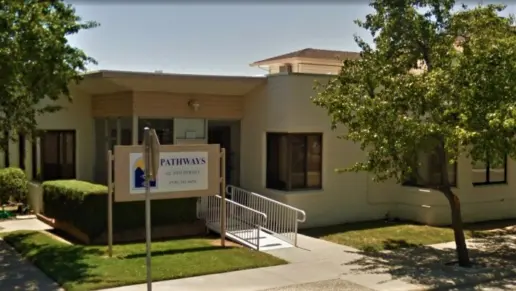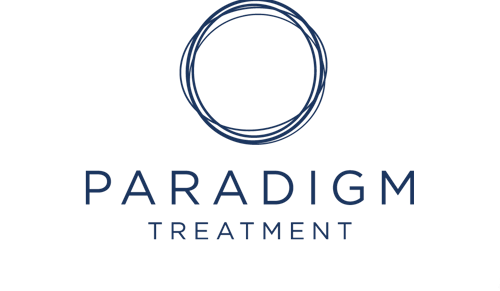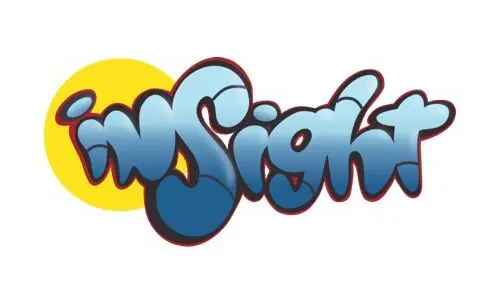About Wellness Retreat Recovery Center
Wellness Retreat Recovery Center is a luxury rehab nestled in the hills of San Jose, California. You’ll have a tranquil environment to step away from daily life and make recovery the center of your attention. They welcome adults over age 18 seeking treatment for substance use disorder and dual diagnosis.
You can live in their residential program for up to 90 days as you heal and rebuild your life. Their programs offer modern, proven approaches, such as refuge recovery, dialectical behavioral therapy, cognitive behavioral therapy, and SMART Recovery. They blend these interventions with holistic therapies to encourage mental, physical, psychological, and spiritual healing.
One key feature is their staff to client ratio. With a maximum of only six clients, you’ll have access to in depth and personalized treatment. They understand the unique elements that can contribute to addiction, like stress, relationship problems, debt, unemployment, and more. Their staff takes these all into consideration, creating a treatment plan that meets your specific needs.
Many previous clients report satisfaction with their care. Most recent clients expressed positive experiences with staff, person centered care, and enjoying their holistic therapies, like yoga and mindfulness. A few clients reported an unprofessional staff, experiencing issues like sharing of confidential information and poor treatment.
As always, finding the best care for you requires putting yourself first. What works for someone in treatment may not work for you. Be sure to research and consider multiple options to find the best fit.
Latest Reviews
Rehab Score
Accepted Insurance
Other Forms of Payment
Private insurance refers to any kind of healthcare coverage that isn't from the state or federal government. This includes individual and family plans offered by an employer or purchased from the Insurance Marketplace. Every plan will have different requirements and out of pocket costs so be sure to get the full details before you start treatment.
Self-pay involves paying for treatment out of your own pocket. You can use savings or credit, get a personal loan, or receive help from family and friends to fund your treatment. If you don't have insurance or your insurance plan doesn't cover a specific program, self-pay can help ensure you still get the care you need.
Medicare is a federal program that provides health insurance for those 65 and older. It also serves people under 65 with chronic and disabling health challenges. To use Medicare for addiction treatment you need to find a program that accepts Medicare and is in network with your plan. Out of pocket costs and preauthorization requirements vary, so always check with your provider.
Medicaid is a state based program that helps lower-income individuals and families pay for healthcare. Medicaid covers addiction treatment so those enrolled can use their coverage to pay for rehab. When a program accepts Medicaid the client often pays very little or nothing out of their own pocket.
Addiction Treatments
Levels of Care
Programs



Clinical Services
Cognitive behavioral therapy in California is a method that therapists often use for the effective treatment of substance use disorders. It is based on the principle that substance abuse stems from unhelpful ways of thinking and patterns of behavior, which can be changed by helping the individual learn better ways of coping.
While participating in dialectical behavior therapy in California, you'll focus on four key areas of skill development: mindfulness, interpersonal effectiveness, emotion regulation, and distress tolerance. Treatment includes weekly individual and group sessions.
During group therapy, men and women learn to express their emotions openly in a non judgmental setting. This helps you process your feelings and reduces feelings of social isolation that are often associated with addiction.
Individual therapy for drug addiction includes a customized treatment plan that considers your history and life circumstances. During your therapy sessions, the therapist helps you uncover underlying issues and triggers for addictive behavior that support a holistic approach to recovery.
For clients who are struggling with ambivalence toward change, motivational interviewing in California can help strengthen their commitment to change. Using a conversational method, the therapist helps you explore your motivations and empowers you to make the changes you desire.
Trauma therapy is a structured approach used by therapists to help you heal from a past traumatic event. Your therapist works with you to identify the traumatic memory and process the information so you experience emotional healing and a sense of safety and stability.
Family therapy offers a platform for members to have an open dialogue about the challenges that addiction has placed on the family unit. Through guided sessions, therapists can help families develop healthy communication skills and address unresolved issues. By working together toward a common goal, they help to support their loved one's sobriety.
Amenities
-
Residential Setting
-
Private Rooms
Accreditations

The Joint Commission, formerly known as JCAHO, is a nonprofit organization that accredits rehab organizations and programs. Founded in 1951, the Joint Commision's mission is to improve the quality of patient care and demonstrating the quality of patient care.
Joint Commission Accreditation: Yes
Contact Information
25971 Mar Vista Ct
Los Gatos, CA 95033







